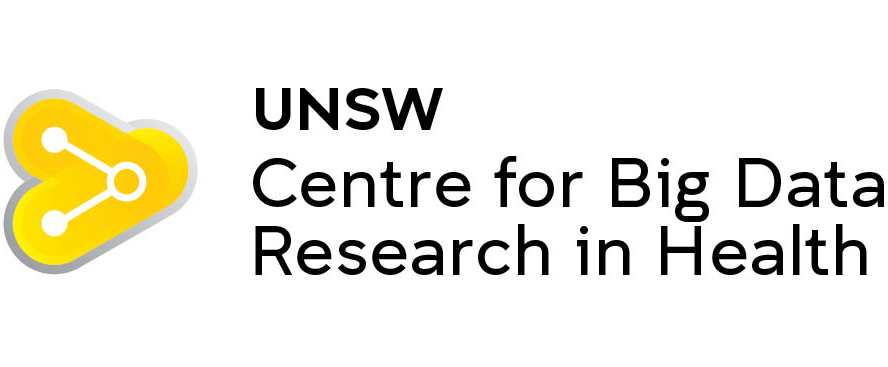Data governance and ethics

Using big data ethically
At the Centre for Big Data Research in Health (CBDRH), it is essential to use health and medical big data in ways that comply with relevant law, regulation and policy. We respect the interests of individuals and the public and deliver trustworthy outcomes.
Our relevant capabilities include:
- high-level understanding of Australian legal and ethical frameworks for collection use and disclosure of health and medical big data
- unparalleled experience in navigating governance and ethics processes for state and territory and national health datasets, including linked administrative data and electronic medical records
- experience in governing and operating secure cloud-based data analysis facilities.




